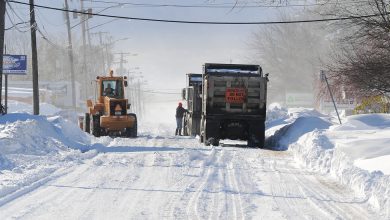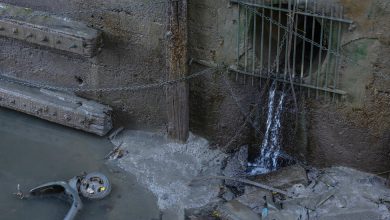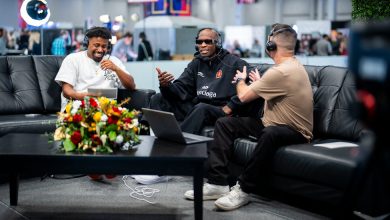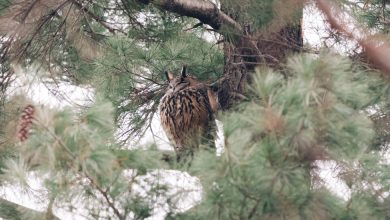What Will Putin Discuss at His Big Annual News Conference?
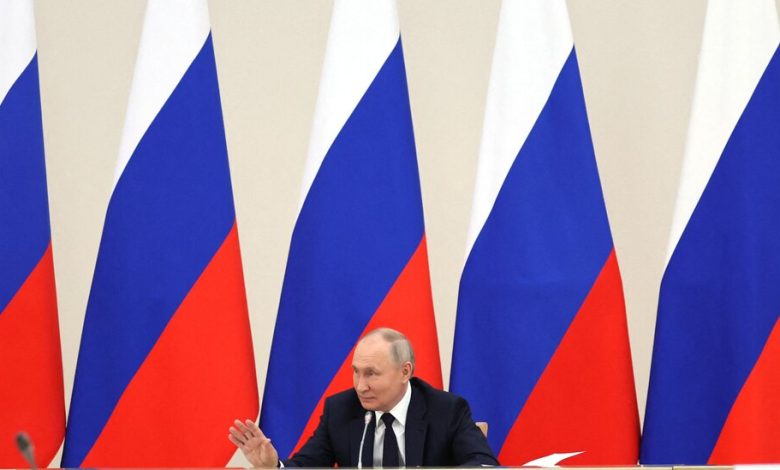
President Vladimir V. Putin of Russia will hold his year-end news conference on Thursday, resuming an annual tradition at a critical moment for the war his forces are waging in Ukraine.
The December news conference has traditionally been a wide-ranging marathon that offers reporters a rare — albeit stage-managed — chance to pose potentially tricky questions. Mr. Putin finds himself in much better shape than a year earlier, when he skipped the annual ritual amid setbacks in Ukraine.
Here’s a look at the topics Mr. Putin is expected to address.
-
Mr. Putin is nearing the third year of his invasion of Ukraine in a position of relative strength. Bolstered by dense defenses, Russian forces have fended off Ukraine’s counteroffensive this year and are now attacking in several areas along the front line. Russia’s military production is ramping up, and the army — despite very high casualties — has been able to regain its footing without resorting, so far, to a new wave of mobilization.
More broadly, the deadlock over military aid for Ukraine in the U.S. Congress is making Mr. Putin’s long-term bet that his country will outlast adversaries appear more realistic. Most independent military analysts believe that without more American supplies, Russia could start to make larger gains next year.
-
Mr. Putin has made the resilience of his country’s wartime economy a major talking point in recent public speeches. Despite a flurry of international sanctions, the Russian economy has regained its prewar size and is expected to grow by about 3 percent this year, as a significant increase in military spending stimulates production, while labor shortages force wages to rise.
But record state spending has come at a cost: Inflation has climbed sharply since the spring, high interest rates are stifling private investment, companies are struggling to find workers and the economy is becoming more dependent on volatile oil revenues. But for now, Mr. Putin seems happy to tout strong headline figures, which support his broad narrative that the worst economic effects of the war are over.
-
The news conference is likely to provide Mr. Putin with many foils for one of his favorite themes: presenting his foreign adversaries as hypocritical and decadent.
Mr. Putin may also look to exploit the West’s social divisions, presenting himself as a champion of socially conservative causes that resonate with many citizens around the world.
-
Mr. Putin has largely succeeded in resigning the Russian public to the war and to a prolonged standoff with the West. Organized resistance to the war is waning amid escalating repression, and Mr. Putin has recently cracked down on the ultranationalist minority that had criticized his war strategy.
Whether Mr. Putin can sustain public apathy into next year is uncertain. Even if American support to Ukraine wanes, most analysts believe Mr. Putin’s forces are unlikely to achieve a decisive breakthrough without another wave of mobilization, which would be deeply unpopular.
-
With Russia’s political system under his firm control, Mr. Putin is widely expected to win another six-year term as president in the election in March. In the absence of a genuine competition among candidates, the vote will most likely turn into a referendum about Mr. Putin’s decision to invade Ukraine, and he will probably use the result to add a veneer of legitimacy to the war and to trumpet Russians’ approval of his actions.
If he were re-elected and served out another term, by 2030 Mr. Putin would become the longest-serving Russian leader since the Empress Catherine the Great in the 18th century, surpassing all the Soviet rulers, including Stalin.
Ivan Nechepurenko contributed reporting.

